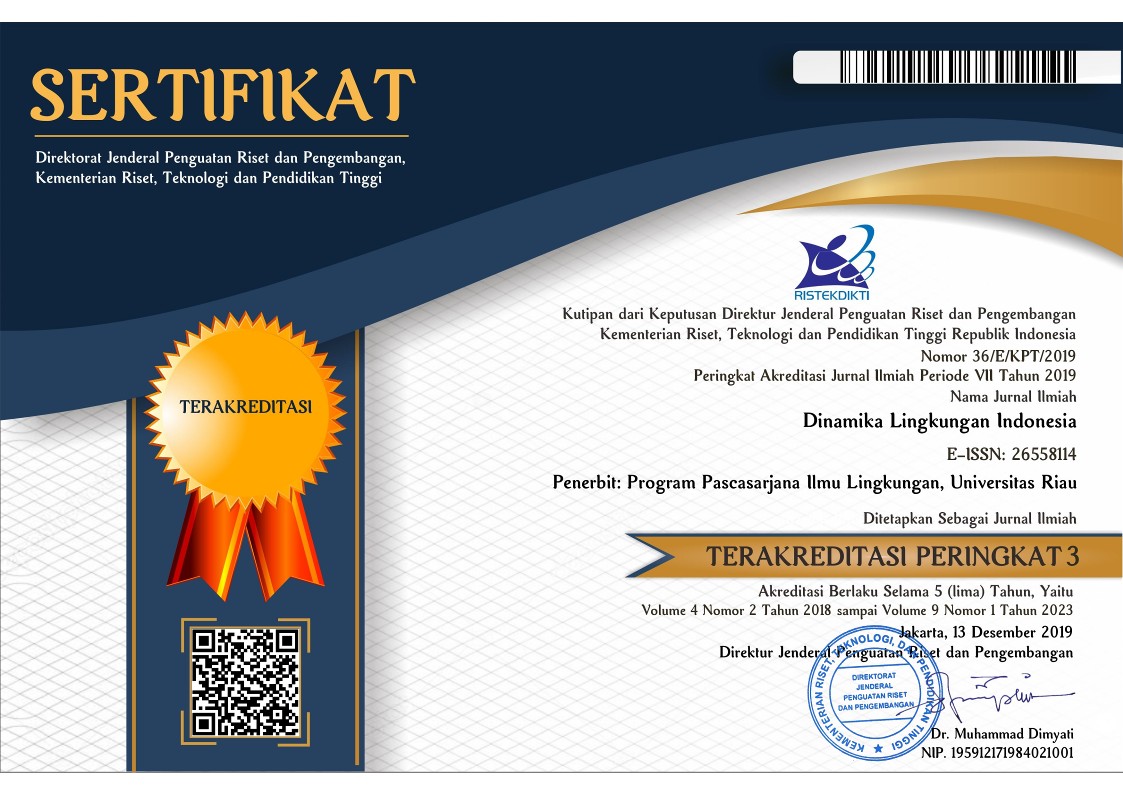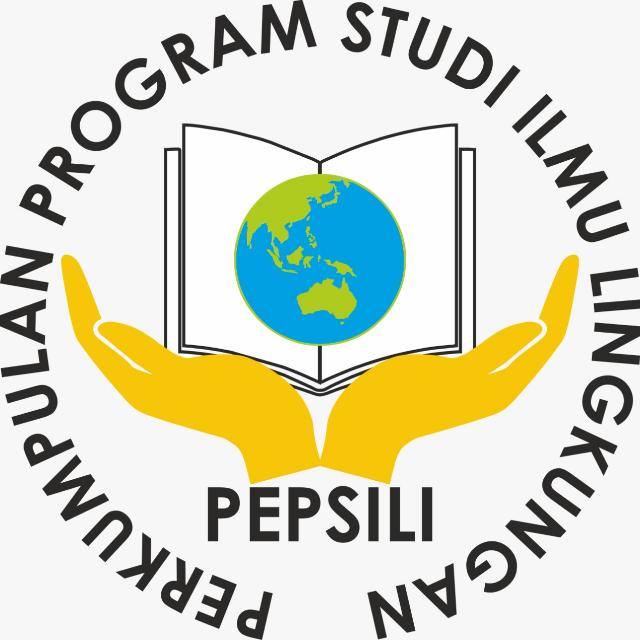Keunggulan Bersaing Pada Usaha Rumah Makan Padang di Pekanbaru Berbasiskan Kearifan Lokal
Abstract
This study aims to analyze the effect of knowledge management on sustainable competitive advantage through local wisdom in a Padang restaurant business in Pekanbaru. Knowledge-sharing activities in the Padang restaurant business in Pekanbaru are an essential problem to study because this still needs to be optimally implemented. The low understanding of business actors in carrying out knowledge-sharing activities is challenging to achieve competitive competitiveness. Even though the same cultural background can be a potential strength in this knowledge-sharing activity. The sample for this research was employees of a Padang restaurant business in Pekanbaru, which was determined by purposive sampling. The analysis technique uses SEM PLS, with the study results showing that knowledge management influences sustainable competitive advantage through local wisdom in the Padang restaurant business in Pekanbaru. This research contributes empirically to an essential understanding of knowledge management based on local learning to achieve sustainable competitive advantage in Padang restaurant businesses in Pekanbaru and successfully tests local wisdom as a moderating variable.
Keywords
Full Text:
PDFReferences
Amila, K., & Suryadi, K. (2014). Keefektifan Online Knowledge Sharing Behavior (Studi Kasus: Blended Learning Itb). JRSI (Jurnal Rekayasa Sistem Dan Industri), 1(1), 129–136.
Barney, J. B., Ketchen, D. J., & Wright, M. (2011). The future of resource-based theory: Revitalization or decline? Journal of Management, 37(5), 1299–1315. https://doi.org/10.1177/0149206310391805.
Britta Boyd., et al. (2015). Knowledge transfer in family business successions Implications of knowledge types and transaction atmospheres. Journal of Family Business Management, 5(1), 17–37. https://doi.org/http://dx.doi.org/10.1108/JFBM-05-2014-0009.
Caputo, F., Garcia-Perez, A., Cillo, V., & Giacosa, E. (2019). A knowledge-based view of people and technology: directions for a value co-creation-based learning organisation. Journal of Knowledge Management, 23(7), 1314–1334. https://doi.org/10.1108/JKM-10-2018-0645.
Chaithanapat, P., & Rakthin, S. (2021). Customer knowledge management in SMEs: Review and research agenda. Knowledge and Process Management, 28(1), 71–89. https://doi.org/10.1002/kpm.1653.
Chen, C. Y., Lin, Y. H., & Hsiao, C. L. (2012). Celebrity endorsement for sporting events using classical conditioning. International Journal of Sports Marketing and Sponsorship, 13(3), 209–219. https://doi.org/10.1108/ijsms-13-03-2012-b005.
Chikati, R., & Mpofu, N. (2013). Developing sustainable competitive advantage through knowledge management. International Journal of Scientific and Engineering Research, 2(10), 77–81.
Ghozali, Imam & Latan, H. (2015). Partial Least Squares Konsep, Teknik dan Aplikasi Menggunakan Program SmartPLS 3.0. Universitas Diponegoro.
Dentingnews.com, 2022, Rendang Daging Khas Padang Paling Diminati.
https://dentingnews.com/news/detail/967/rendang-daging-khas-padang-paling-diminati.
Hegazy, F., & Ghorab, K. (2015). The Effect of Knowledge Management Processes on Organizational Business Processes’ and Employees’ Benefits in an Academic Institution’s Portal Environment. Communications of the IBIMA, May, 1–32. https://doi.org/10.5171/2015.928262.
Hekman, D. R., Steensma, H. K., Bigley, G. A., & Hereford, J. F. (2009). Effects of Organizational and Professional Identification on the Relationship Between Administrators’ Social Influence and Professional Employees’ Adoption of New Work Behavior. Journal of Applied Psychology, 94(5), 1325–1335. https://doi.org/10.1037/a0015315.
Mardatillah, A., & Ramadani, S. A. (2020). Sustainable Competitive Advantage of Riau Malay Weaving Industry Based on Local Wisdom. International Research Journal of Business Studies, 13(3), 227–240.
Mardatillahl, A. (2022). Keunggulan Bersaing Berkelanjutan Berbasis Kapabilitas Etnik Modal Manusia (Pertama). Pustaka Aksara.
Monteiro, V. C. S. (2016). Key knowledge management processes for innovation: a systematic literature review. VINE Journal of Information and Knowledge Management Systems, 46(3), 1–5.
https://doi.org/https://doi.org/10.1108/VJIKMS-02-2015-0017.
Nonaka & Konno. (1998). The Concept of “Ba”: Building a Foundation for Knowledge Creation. California Management Review, 40(3). https://doi.org/10.2307/41165942.
Nonaka, I. (1994). “A dynamic theory of organizational knowledge creation”,. Organization Science, 5, 14-37.
Nonaka, Ikujiro, Toyama, R., & Nagata, A. (2000). A firm as a knowledge-creating entity: A new perspective on the theory of the firm. Industrial and Corporate Change, 9(1), 1–20. https://doi.org/10.1093/icc/9.1.1.
Ramezan, M. (2012). Measuring the knowledge productivity: A comprehensive study of knowledge workers in Iranian industrial organizations. Education, Business and Society: Contemporary Middle Eastern Issues, 5(3), 200–212. https://doi.org/10.1108/17537981211265589.
Silva, M. T. C. N. S. De. (2019). An Empirical Review : Knowledge Management & Its Implications in the Contemporary Business Context. 6(2), 39–44.
Siswanto, H., Herlina, E., & Mulyatini, N. (2019). Pola Knowledge Management Pada UMKM Ekonomi Kreatif. Journal of ManagementReview, 3(3), 369–378.
Tupamahu, F. A. S. (2015). Integrasi Budaya Terhadap Kapabilitas Dan Keunggulan Kompetitif Berkelanjutan. Conference in Business, Accounting, and Management, 53–69. https://media.neliti.com/media/publications/169377-ID-integrasi-budaya-terhadap-kapabilitas-da.pdf.
DOI: http://dx.doi.org/10.31258/dli.10.2.p.112-119
Refbacks
- There are currently no refbacks.

This work is licensed under a Creative Commons Attribution 4.0 International License.





